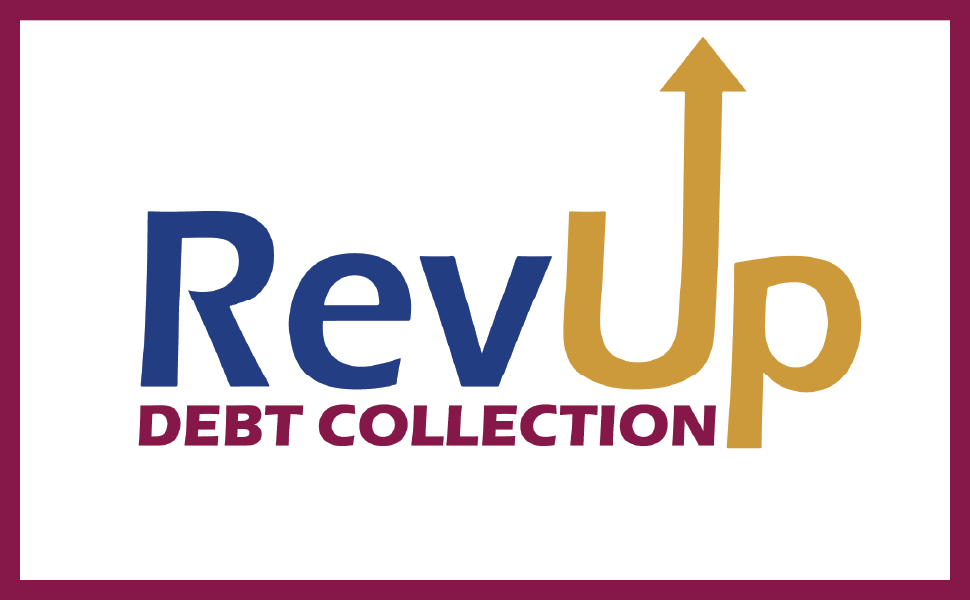The statewide contract for Debt Collection Services provides access to services that promote the efficiency and effectiveness of collecting debts owed to organizations. It authorizes the Office of the Comptroller (CTR) to procure and manage contingency fee contracts for debt collection services.
This contract is available to be used by Commonwealth agencies, departments and legislatively authorized Eligible Entities. Debts include revenue pursuant to 815 CMR 9.00 and can include fines, fees, licenses, permits, interest, income, assessments, third-party payments, and any other types of receivables that are capable of being collected. An additional addendum for MassDOT Transportation and Tolling is included in the contract and only applies to MassDOT Debts.
There are a total of nine experienced Debt Collection Agencies available to eligible entities.
All Commonwealth debt can be referred to the following debt collection agencies:
- Allen Daniels Associates, Inc.
- F.H. Cann & Associates, Inc.
- Financial Asset Management Systems,
- Linebarger Goggan Blair & Sampson LLP
- Radius Global Solutions, LLC
- Reliant Capital Solutions, LLC
MassDOT Transportation and Tolling debt can be referred to the following debt collection agencies:
- Linebarger Goggan Blair & Sampson LLP
- Duncan Solutions DBA Professional Account Management, LLC
Commonwealth of Massachusetts
- Departments and offices within Executive, Legislative, and Judicial branches
- Public hospitals owned by the Commonwealth of Massachusetts
- Public institutions of higher education
- Independent public authorities, commissions, and quasi-public agencies
- Non-profits, UFR-certified organizations doing business with the Commonwealth
Local
- Cities, towns, districts, counties, other local entities
- Public libraries, school districts, charter schools
This statewide contract for debt collection services is FREE for eligible entities to utilize for revenue recovery efforts. However, there are contingency percentage fees that are passed on to the debtor to pay when a collection payment is made.
Unless otherwise provided by law, approved contingent percentage ees are added by the statewide debt collection vendor to debts referred by an eligible entity. Statewide debt collection agencies are authorized to net the contingent percentage fee from gross receipts collected at the time the net proceeds are remitted to the eligible entity in accordance with the terms of the statewide contract. Statewide debt collection agencies are required to provide detailed reports of all collection activity as well as access to any information necessary to validate the amounts collected and the contingent percentage fees netted. Please note, these previous negotiated contingent percentage fees are different depending on if the referred debt account is in first placement phase, secondary placement phase, and whether engaged in legal and litigation services when warranted.
After a debtor has been sent a minimum of four invoice collections notices with applicable dunning language, any eligible debt that is considered final, still within its statute of limitations for collections, and is more than 120 days old, can be submitted to Intercept. Examples of debt include:
- Housing authority tenancy debt
- Municipal utility bill debt
To comply with Commonwealth legal statues and policies for external eligible entities, to become a delinquent debt, a minimum period of 120 days must have elapsed between the time the entity declares all of the applicable accounts or monetary obligations delinquent and the date the delinquent debt is submitted to a debt collection agency. It is also important to remember that some debt type categories may have a statute of limitations that should not be exceeded. Please note, statute of limitations requirements are not specific to the Commonwealth of Massachusetts and the Office of the Comptroller; any statute of limitations should be abided regardless of the collection method used. It is entirely the entity’s responsibility to ensure all debts referred comply with these laws. We strongly suggest you contact your organization’s attorney to clarify any statute of limitations questions that may arise.
A debt collection agency should attempt collection of a debt for a minimum of six months from the date of assignment to collect a payment. If the debt collection agency does not collect a payment within that six-month period or if six months has elapsed since the date of receipt, the debt collection agency should return the debt account to the referring entity as “uncollectable.” The referring entity should then send the debt account for secondary placement with an alternative statewide contractor debt collection agency vendor for another six-month period. This subsequent debt account placement is deemed best practice to conduct additional due diligence for attempt at revenue recovery efforts prior to the write-off process. Please note, this secondary referral step is negated when a debtor account is found to be deceased, bankrupt, etc. When these specific debt account return reasons are found, the referring entity can immediately proceed to the write-off process for these returned accounts.
